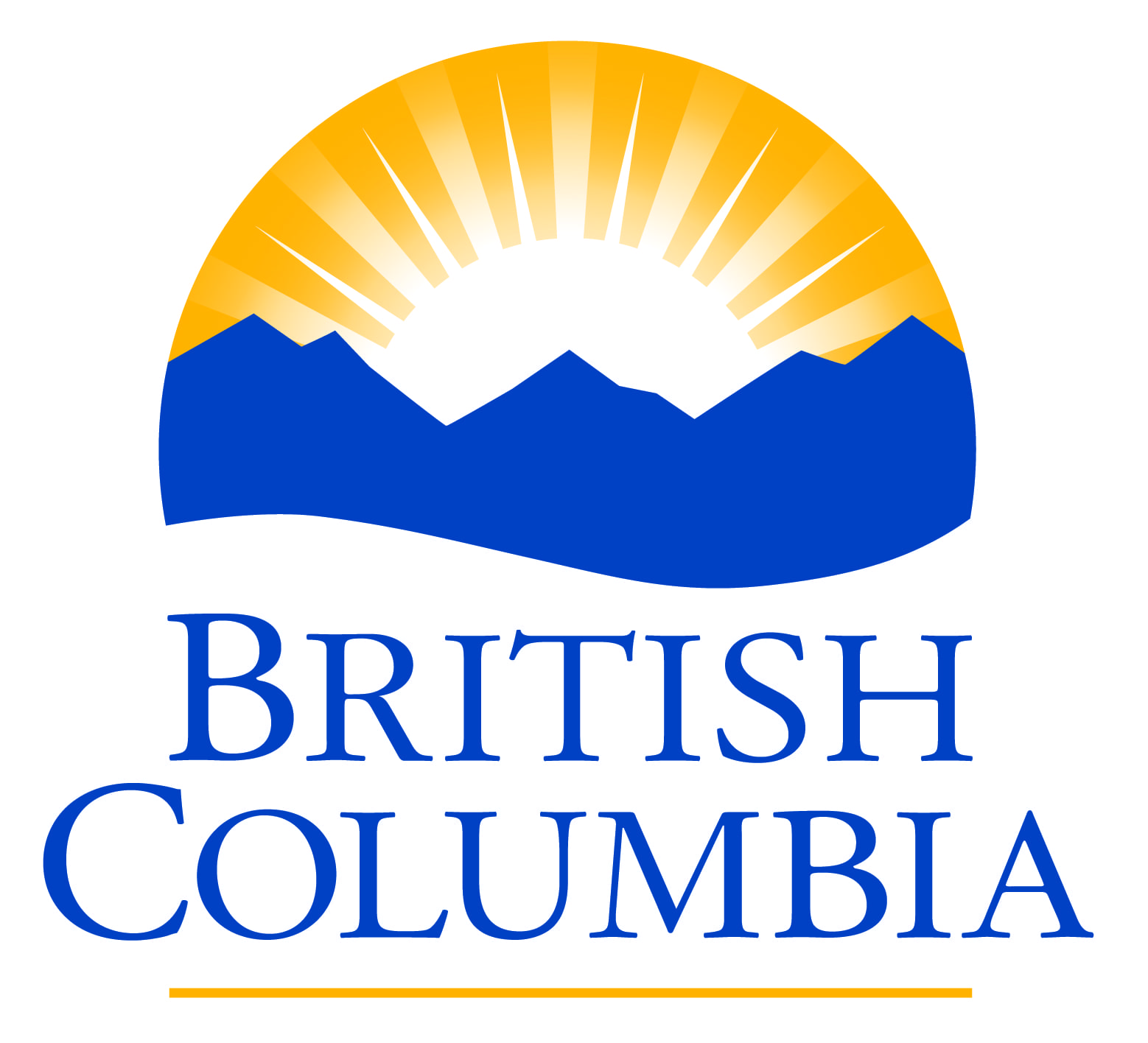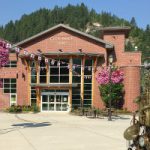Province announces enforcement measures build on success of non-essential travel restrictions
To help keep communities safe and protect British Columbia’s health-care system from COVID-19, the Province has authorized site-specific road checks on travel corridors between regions to help enforce the non-essential travel restrictions that were announced on April 23, 2021.
On the advice of B.C.’s provincial health officer (PHO), Mike Farnworth, Minister of Public Safety and Solicitor General, issued an Emergency Program Act order to prohibit non-essential travel between three regional zones in the province. The regional zones are:
- Lower Mainland and Fraser Valley (Fraser Health and Coastal Health regions);
- Vancouver Island (Island Health region); and
- Northern/Interior (Interior Health and Northern Health regions).
During the first weekend of the new travel restrictions, BC Ferries vehicle traffic was down more than 25% fleet-wide, and passenger traffic down more than 30%, compared to the weekend before. Resort communities and accommodation businesses have contacted the Province to note significant declines in out-of-region visitors and bookings, and BC Parks has reported more than 5,000 cancellations in the past few weeks. Building off this success in limiting non-essential travel, the province will authorize site-specific, clearly marked police road checks to further curb recreational travel.
The road checks may be put in place at any time until the order is lifted at 12:01 a.m. on May 25, 2021, (after the May long weekend). The road checks may be set up on highway corridors that connect different regions of the province to remind travellers of the order.
“These restrictions on non-essential travel are saving lives, it’s in the best interest of all British Columbians to follow them, and I know most are given the significant drop we’ve seen in out-of-region travel,” Farnworth said. “But it is also important that we get enforcement right, and consider concerns raised by the public and incorporate the feedback received from racialized communities. I want to be clear that the intent of this order is not punishment, but rather education around non-essential travel prevention to protect us all from the spread of COVID-19. My hope is that every British Columbian realizes the tremendous progress we can make if we stay close to home, and we can give the heroes in our health-care system a fighting chance at putting the current spike in cases behind us.”
When stopped at a road check restricting non-essential travel, police will only have the authority to request:
- a driver’s name, address and driver’s license
- any available documentation regarding driver’s name and address (for example, secondary identification that confirms a driver’s residential address if recently moved)
- the purpose of the driver’s travel (documentation regarding travel is not required)
Police cannot engage in arbitrary vehicle or street checks. Site-specific enforcement measures will be informed by ongoing discussions with stakeholders on limiting the impacts to the public and racialized communities. If police have reasonable grounds to believe that a person has travelled for a non-essential purpose, they can direct the traveller to turn around and leave the region. These measures will be limited to site-specific and authorized police operations on travel corridors between regions.
The goal of these road checks is education and further discouraging people from travelling for non-essential reasons. If compliance measures are deemed necessary by police, fines can be handed out. At the discretion of police, a contravention of this Emergency Program Act travel order may be subject to a $575 fine.
The RCMP will deploy a trained, dedicated team to manage and enforce road check locations, and ensure interactions are in line with the intent of the order and all existing police policy and police standards.
While the travel order puts legal limits only on travel between regional zones, the PHO’s guidance remains unchanged throughout B.C.: everyone should continue to stay within their local community – essential travel only.
Learn More:
For more information about current COVID-19 travel restrictions, visit: www.gov.bc.ca/covidtravel
For information on BC Ferries measures to support this order, visit: www.bcferries.com/travel-advisories
For information on the latest PHO orders and guidance, non-medical issues like travel recommendations and how to manage social isolation, visit: www.gov.bc.ca/COVID-19
For more information and latest medical updates on COVID-19, follow the BC Centre for Disease Control on Twitter @CDCofBC or visit its website: http://www.bccdc.ca
For translations, visit: http://news.gov.bc.ca/releases/2021PSSG0031-000793#translations


























Comments